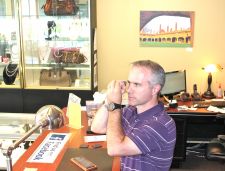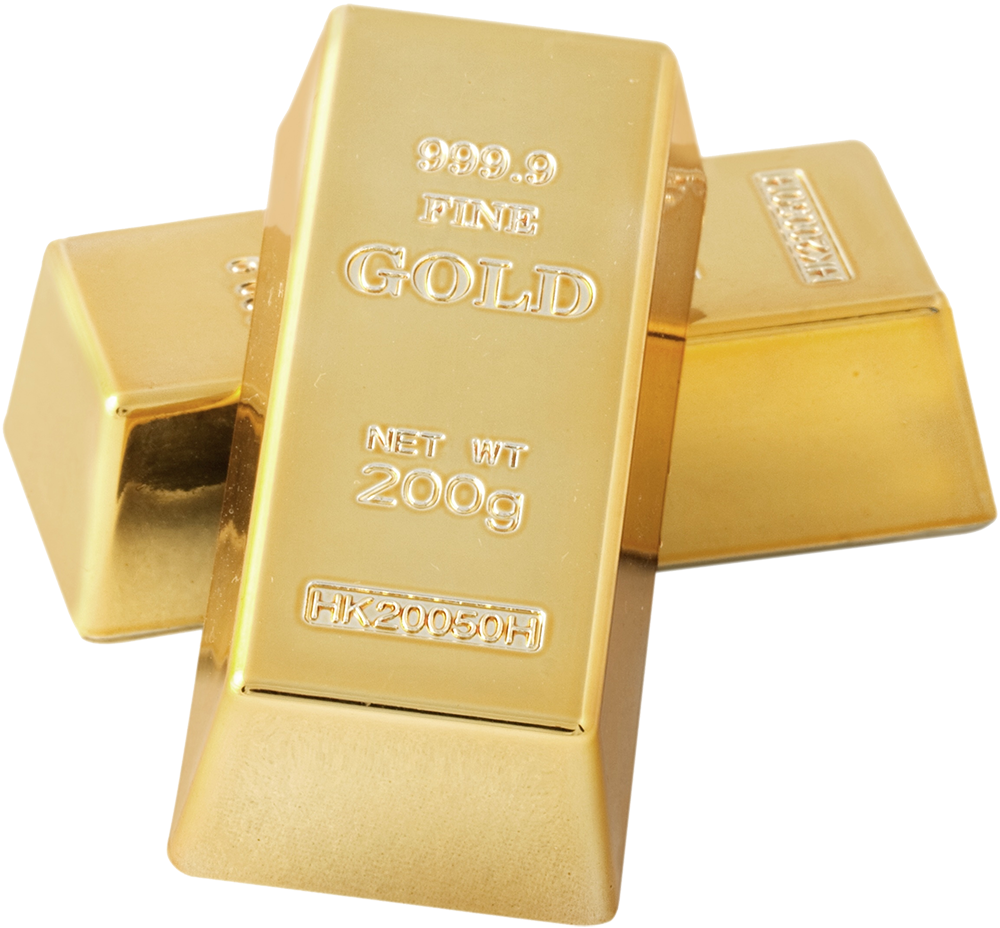
In the world of precious gems, a graduate gemologist is the equivalent of a Michelin star chef.
And the Gemological Institute of America – otherwise known as the GIA – is THE school for training experts in the jewelry industry.
Gemology education began in the 19th century, but it wasn’t until 1908 that the first real qualifications were created by the National Association of Goldsmiths in England.
The first American graduate of that course – in 1929 – was a man named Robert Shipley, who would go on to found the GIA.
In the 1930s, Shipley began traveling the country, spreading the gospel of gemology. According to the GIA, his goal was to build up public trust in jewelers by turning them into an organized guild of experts.
“Like the physician, the architect and the engineer, the gemologist must complete prescribed studies and examinations in order [to be] of exceptional service to the public [in] the new profession of Gemology,” Shipley said.
This concept was the root of the modern GIA education.
Graduate Gemologist Certifications
Someone who earns a degree from the GIA actually earns eight different certificates from a series of lab and classroom courses:
- Colored Stones
- Colored Stone Essentials
- Diamonds and Diamond Grading
- Diamond Essentials
- Gem Identification
- Colored stone grading lab
- Diamond grading lab
- Gem identification lab
It’s a serious commitment, in terms of time and money. Graduates can either attend classes at the GIA campus in New York, or take courses at home.
At Doylestown Gold Exchange, we’re proud to say that owner Greg Glemser has had his graduate gemologist certificate from the GIA since 2004.
This certification helps him give our customers the best price when they come in to buy or sell wholesale diamonds. And Greg’s time with the GIA also gives him expertise in jewelry repair, so when customers come in to scrap unwanted gold and valuables, he can asses the stones and possibly give them more value for them than a store without a GIA expert on staff.

